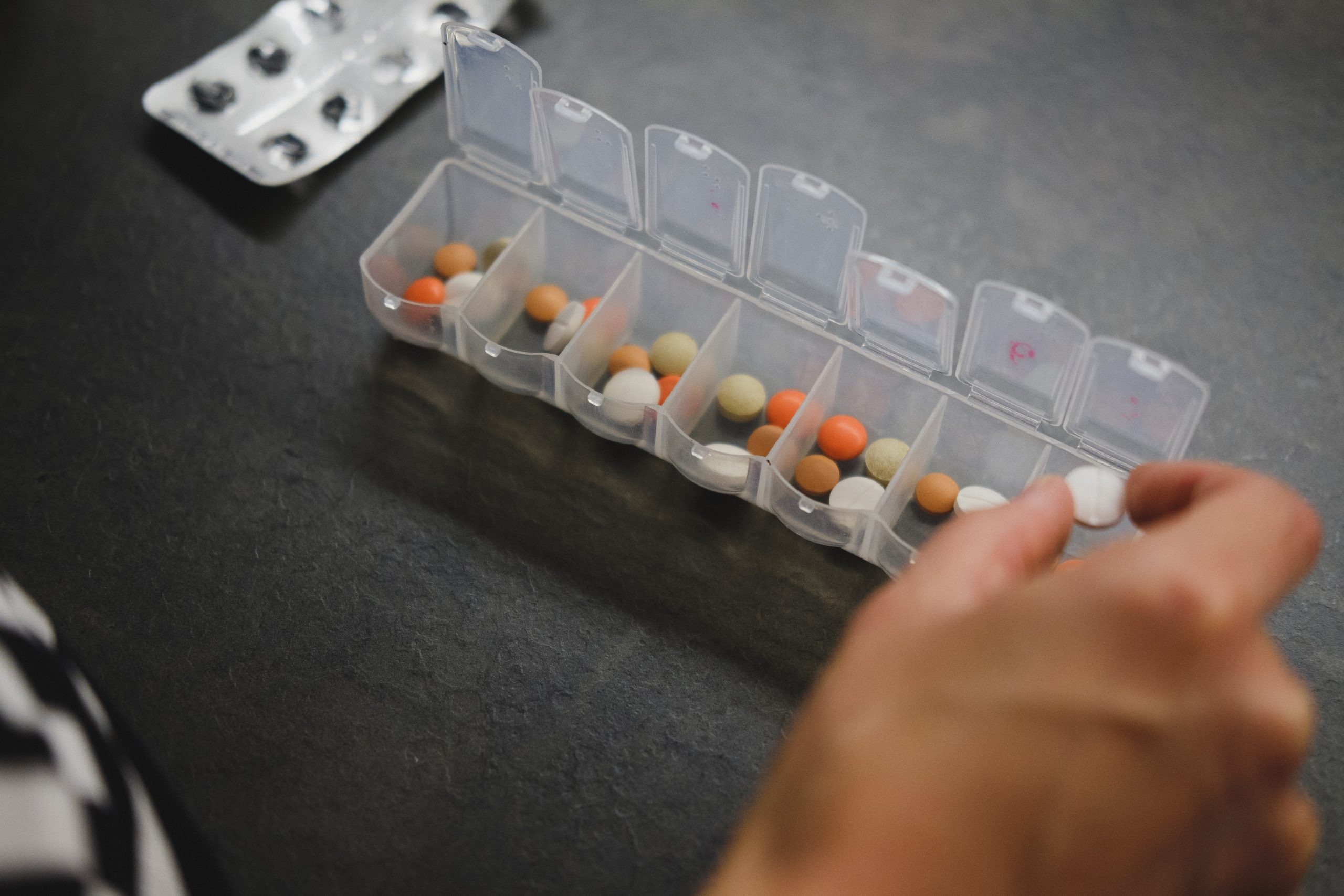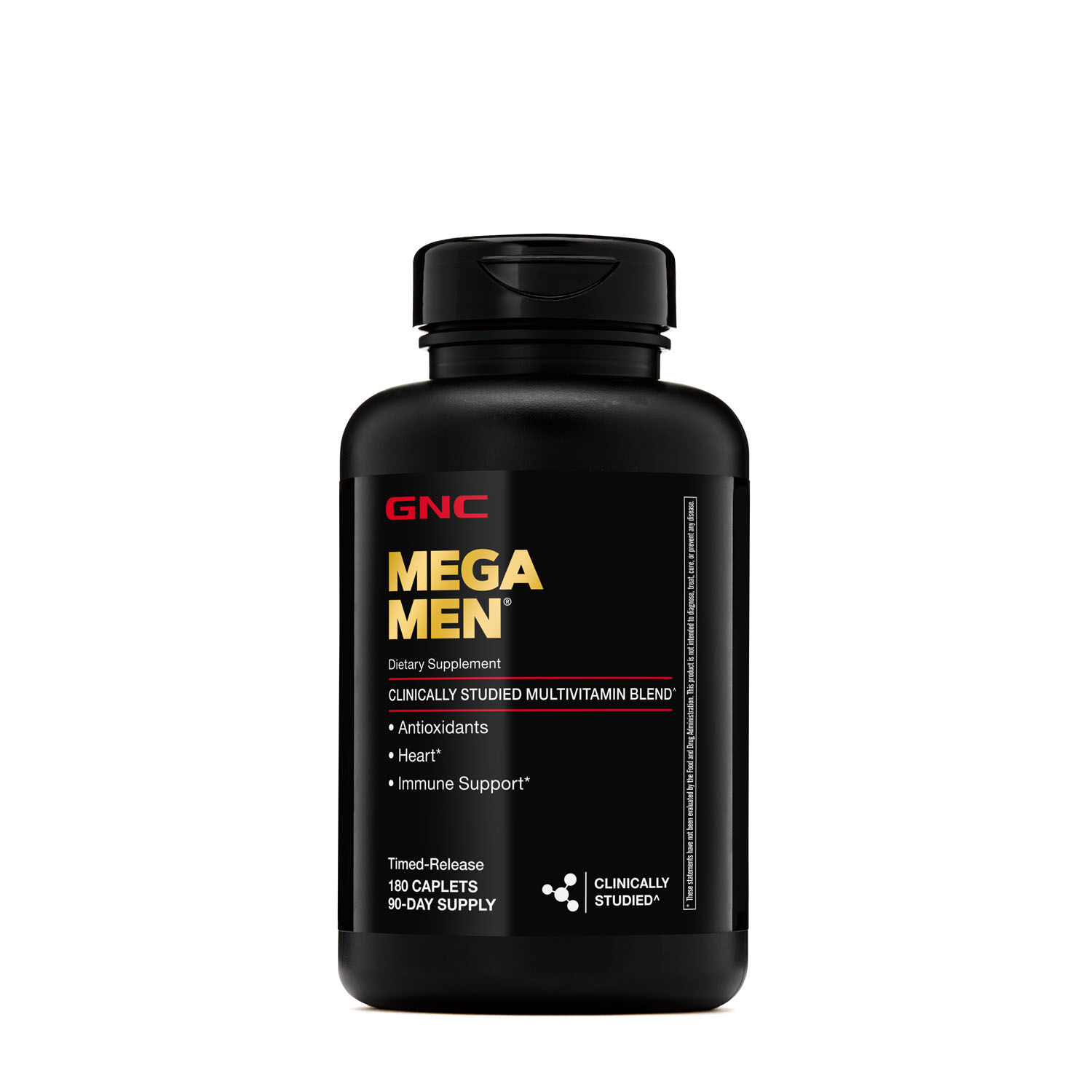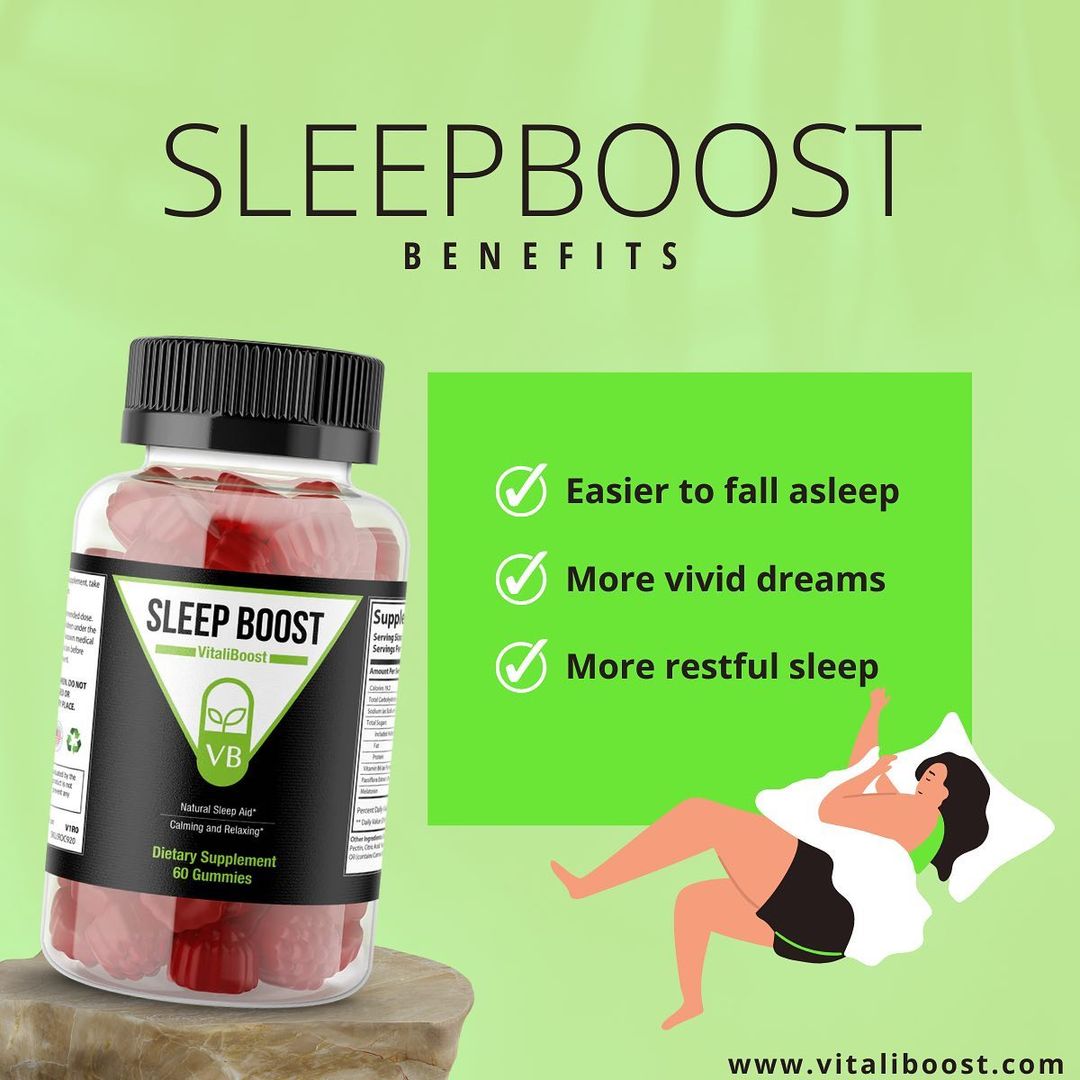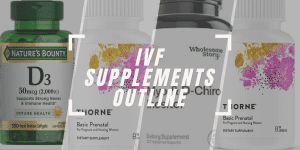
Ever wondered what the best vitamins for men are? There are so many different brands and supplement options on the shelf it can be hard to know which is the best for you.
The reality is you only really need to take a vitamin if you have a vitamin deficiency. This article explains the most common nutritional deficiencies men are at risk for and offers recommendations to help you meet your daily vitamin needs to maintain stellar health.
Essential Vitamins For Men

As the body ages, it will naturally lose some of its ability to absorb vitamins from food. In these cases, a supplement like a men’s multivitamin with iron can help you satisfy your daily vitamin requirements.
Common vitamin deficiencies that can pop up in the aging population include:
- Vitamin B12 – helps with cell metabolism, nerve function, and the production of DNA.
- Iron – a building block for hemoglobin (red blood cells) that carry oxygen to vital organs.
- Magnesium – helps with muscle function, nerve function, energy, and stabilizing blood pressure.
- Calcium – helps muscle contraction and regulates heart rate, nerve function, and blood clotting.
Before you start taking a supplement, or any vitamin product, check in with your doctor first. Some vitamins can interfere with medication absorption and may not be suitable for you.
Food Sources of Vitamins
Your body is designed to absorb essential vitamins from food, so prioritize unprocessed whole foods before reaching for a supplement. Here are some examples of the food source from the vitamin list mentioned above:
- Vitamin B12 – lean cuts of meat, including poultry and fish. Also eggs and animal dairy products. If you are vegetarian, you can include fortified nutritional yeast.
- Iron – lean red meat, legumes (kidney beans, black beans), and dark leafy grains including spinach. Most grains are fortified with iron, so check the food label of your cereals and bread.
- Magnesium – unsalted nuts and seeds, legumes, whole grains, dairy products, and dark leafy vegetables.
- Calcium – animal dairy products, fortified plant-based dairy alternatives, oranges, nuts and seeds, white kidney beans.
Ideally, your diet will help you meet all your nutritional requirements. If you have concerns that you are low in a specific vitamin, ask your doctor to complete blood work. This information can confirm a deficiency and influence how much supplement you need to take.
Daily Supplements For Men’s Health

There are a variety of multivitamins on the market that you have probably seen at your local drugstore. These supplements offer small amounts of several different vitamins. Popular brands include:

These products can help you meet your daily vitamin needs but they should not replace a balanced diet. Continue to eat a variety of food groups to ensure you are getting enough nourishment.
If you do not have any dietary restrictions, it is unlikely you even need to take a multivitamin because you are probably getting enough nutrition from your diet.
An example of a dietary restriction includes people who follow a vegan or vegetarian diet, or people who follow a gluten-free diet. If any of these apply to you, make sure your complete blood work regularly to ensure your levels are within the normal range.
Frequently Asked Questions
What Vitamins Should I Take?
You should only take a vitamin if you have a nutrition deficiency or if you are at risk of a nutritional deficiency.
It is common for people to have low magnesium levels and b12, so if your blood test confirms this, take these vitamins.
Can A Man Take a Woman’s Daily Vitamin?
Yes, a man can use these products. The same vitamins are in both products, but the ratios of vitamins may vary.
Are There Vitamins To Give Me More Energy?
A single vitamin will not provide more energy, but it can help you rectify a deficiency that may be causing you to feel like you have low energy.
Low iron and low b12 levels both give symptoms of fatigue, so taking a vitamin for these specific measures may help.
We hope that this post on essential vitamins and the best vitamins for men was helpful to you!







